UAW Praises Trump Auto Tariffs
The United Automobile Workers (UAW) has officially come out in favor of the Trump administration’s plan to levy a 25-percent tariff on imported vehicles . Union leadership called it the “beginning of the end of a thirty-plus year ‘free trade’ disaster” and a “a long-overdue shift away from a harmful economic framework that has devastated the working class.”
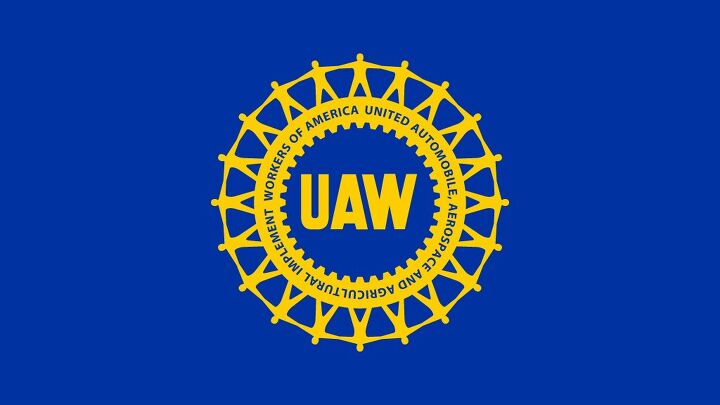

The United Automobile Workers (UAW) has officially come out in favor of the Trump administration’s plan to levy a 25-percent tariff on imported vehicles. Union leadership called it the “beginning of the end of a thirty-plus year ‘free trade’ disaster” and a “a long-overdue shift away from a harmful economic framework that has devastated the working class.”
A press release was issued by the UAW yesterday citing layoffs, years of declining U.S. production volumes, and an increase in non-union production facilities being among the biggest reasons to support the tariffs. The latter issue was tied to assertions about unacceptably low wages. The same was said regarding competition from Mexico and other nations.
The UAW claimed that this is what it exactly asked for when demanding that the government disallow U.S. factories from closing so that labor could be shipped to “high-exploitation” with lower wages. Additionally, leadership suggested that the changes proposed by the White House could similarly provide a boost to localized supply chains for auto parts — adding even more domestic (and potentially unionized) jobs.
From the UAW:
With these tariffs, thousands of good-paying blue collar auto jobs could be brought back to working-class communities across the United States within a matter of months, simply by adding additional shifts or lines in a number of underutilized auto plants. Right now, thousands of autoworkers are laid off at Ford, General Motors, and Stellantis following recent decisions by auto executives to ship jobs to Mexico.
Across a dozen Big Three auto plants that have seen major declines, production has fallen by 2 million units per year in the past decade, while millions of vehicles sold here are made with low-wage, high-exploitation labor abroad. That means auto companies that have made record profits get to drive wages down further for both Mexican and U.S. workers while Wall Street and the corporate class get record payouts.
Those plants include Ford Flat Rock Assembly (Flat Rock, MI), Ford Louisville Assembly (Louisville, KY), Ford Ohio Assembly (Sheffield, OH), Ford Michigan Assembly (Wayne, MI), GM Fairfax (Kansas City, KS), GM Lansing Grand River (Lansing, MI), GM Factory Zero (Detroit & Hamtramck, MI), GM Spring Hill (Spring Hill, TN), Stellantis Warren Truck Assembly (Warren, MI), Stellantis Toledo Assembly (Toledo, OH), Stellantis Sterling Heights Assembly (Sterling Heights, MI), Stellantis Jefferson North Assembly (Detroit, MI). The same pattern can be seen in the heavy truck industry, whether at Freightliner in North Carolina, Navistar in Ohio, or dozens of other employers across the economy.
“We applaud the Trump administration for stepping up to end the free trade disaster that has devastated working class communities for decades. Ending the race to the bottom in the auto industry starts with fixing our broken trade deals, and the Trump administration has made history with today’s actions,” stated UAW President Shawn Fain. “But ending the race to the bottom also means securing union rights for autoworkers everywhere with a strong National Labor Relations Board, a decent retirement with Social Security benefits protected, healthcare for all workers including through Medicare and Medicaid, and dignity on and off the job.”
Despite Fain having endorsed Joe Biden during the 2024 U.S. presidential election and the UAW having a long history of supporting Democratic candidates, the union boss said that he’s presently eager to work with anyone that wanted to prioritize American workers.
“The UAW and the working class in general couldn’t care less about party politics; working people expect leaders to work together to deliver results,” continued Fain. “The UAW has been clear: we will work with any politician, regardless of party, who is willing to reverse decades of working-class people going backwards in the most profitable times in our nation’s history. These tariffs are a major step in the right direction for autoworkers and blue-collar communities across the country, and it is now on the automakers, from the Big Three to Volkswagen and beyond, to bring back good union jobs to the U.S.”
At this stage, there is an overwhelming amount of supposition regarding what the forthcoming automotive tariffs will do for the American economy. Many believe this is simply the Trump administration applying pressure to foreign nations in an effort to establish favorable trade concessions and isn’t serious about maintaining importation fees beyond their value as a bargaining chip. Others have claimed that the tariffs are part of a broader effort to reconfigure how the United States draws money from the tax base, as there has been significant focus on how this will allegedly draw in $100 billion in revenue.
That’s all speculative. What is more certain, is that the measures being taken will certainly be used by the industry as grounds to further raise vehicle prices during a period where consumers have signaled there’s an affordability crisis. The assumed trade-off is that it’s supposed to pivot more manufacturing back into the United States, securing domestic employment. That’s what the UAW is endorsing, more union jobs. However, those will take a few years to manifest in meaningful quantities and could be preceded by sustained economic hardships in the interim. Depending upon the model, market analysts are suggesting vehicle pricing could rise anywhere from $5,000-15,000 due to the automotive tariffs.
[Image: UAW]
Become a TTAC insider. Get the latest news, features, TTAC takes, and everything else that gets to the truth about cars first by subscribing to our newsletter.





























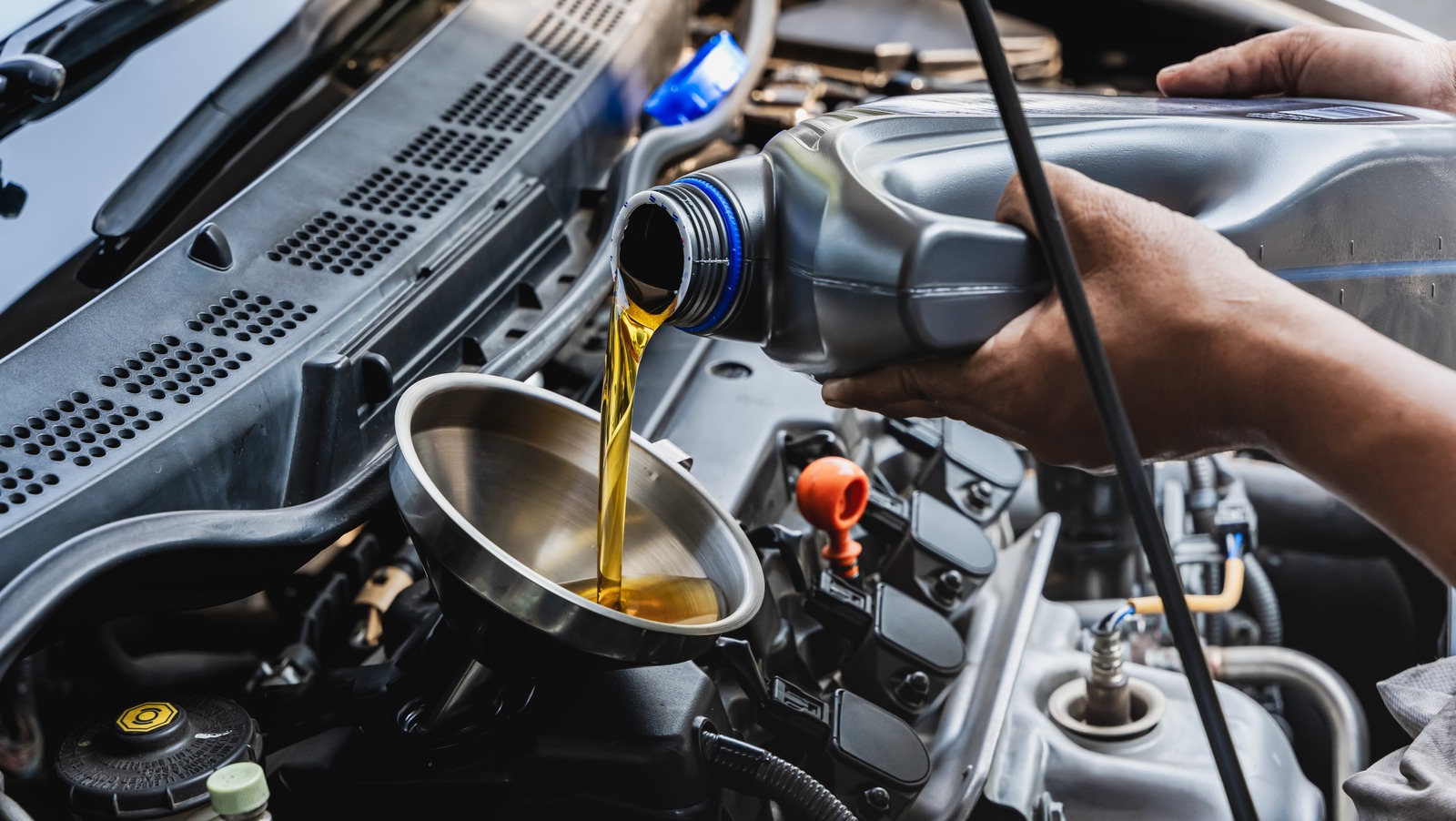
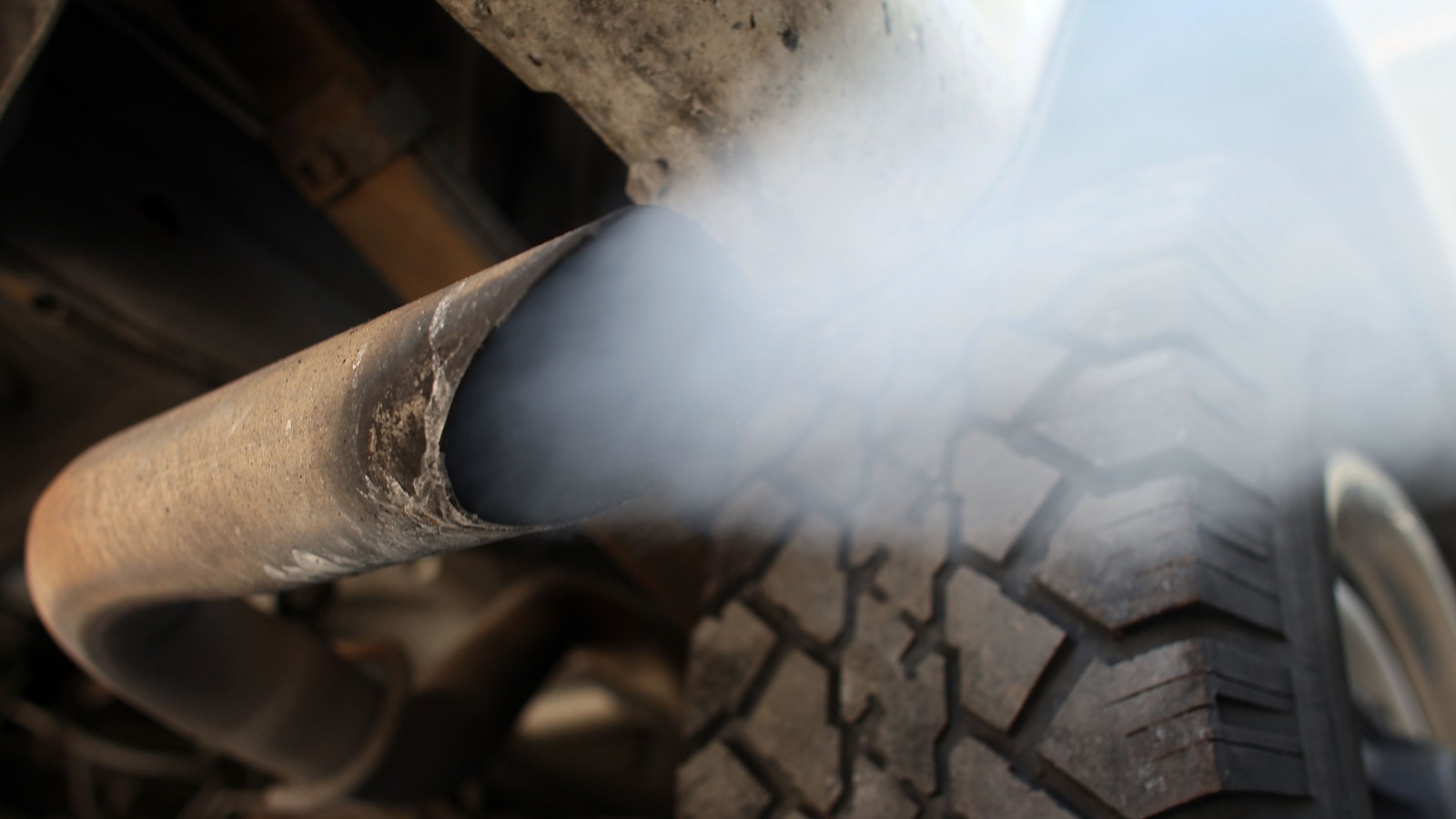
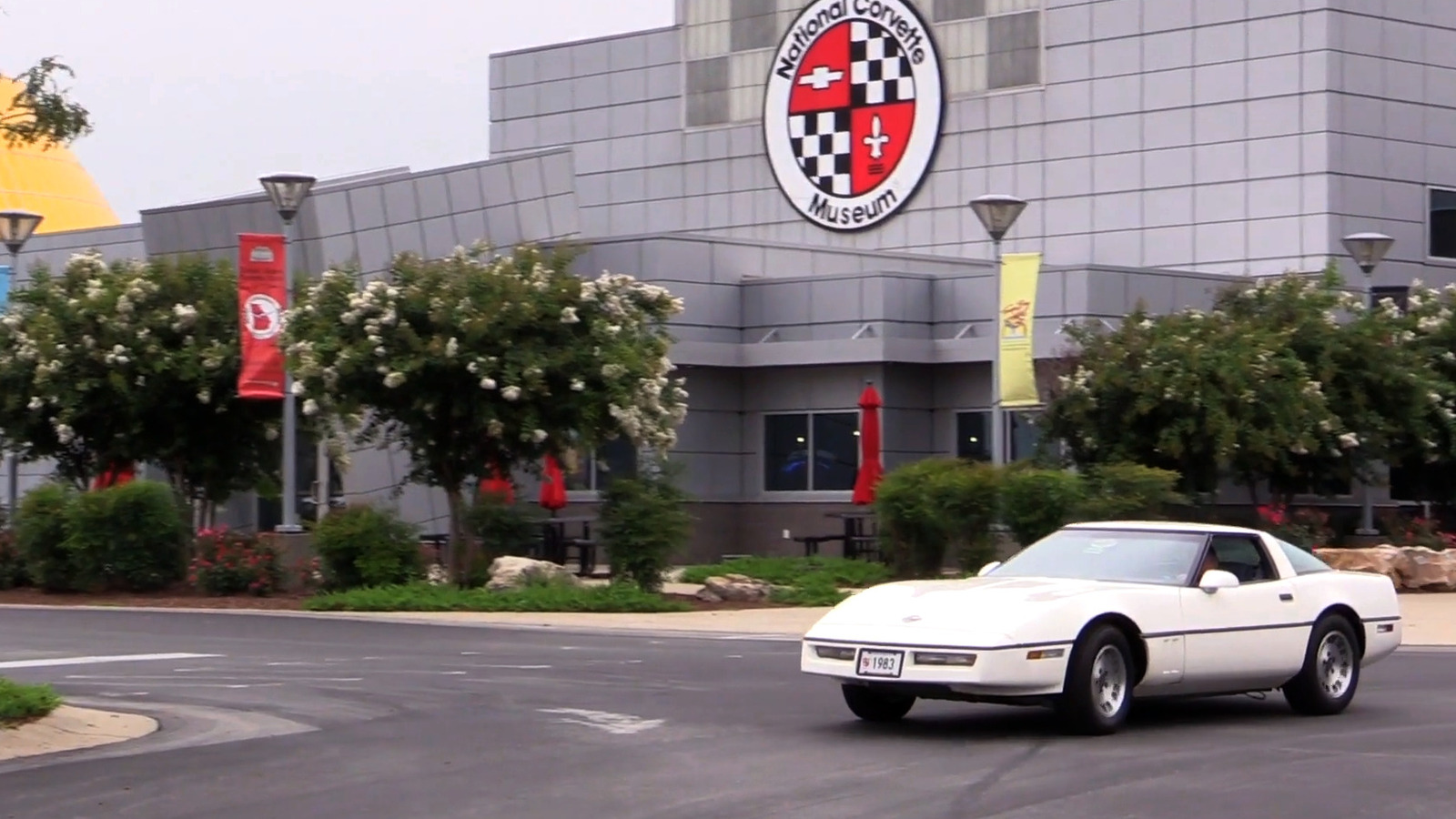
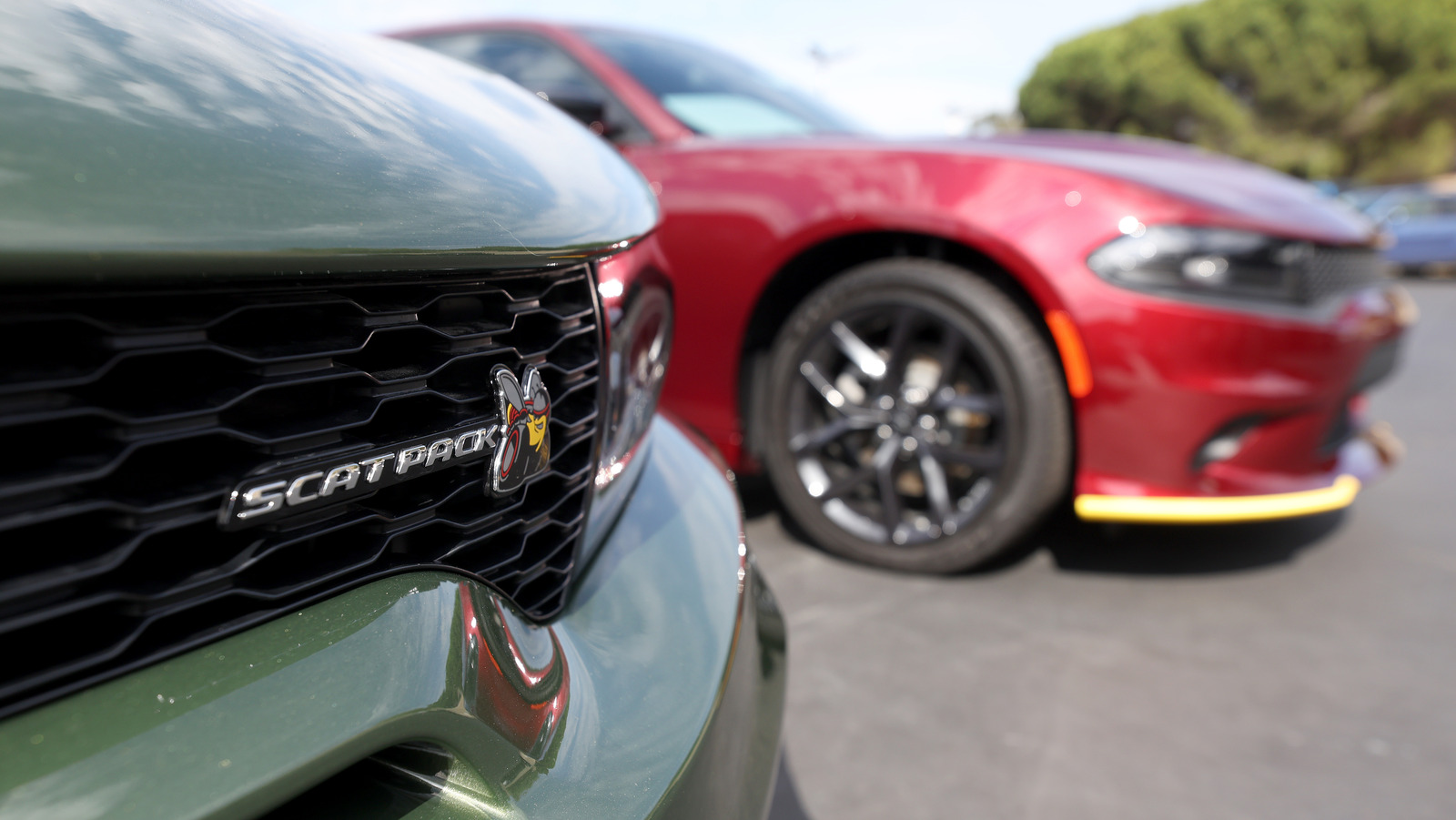

































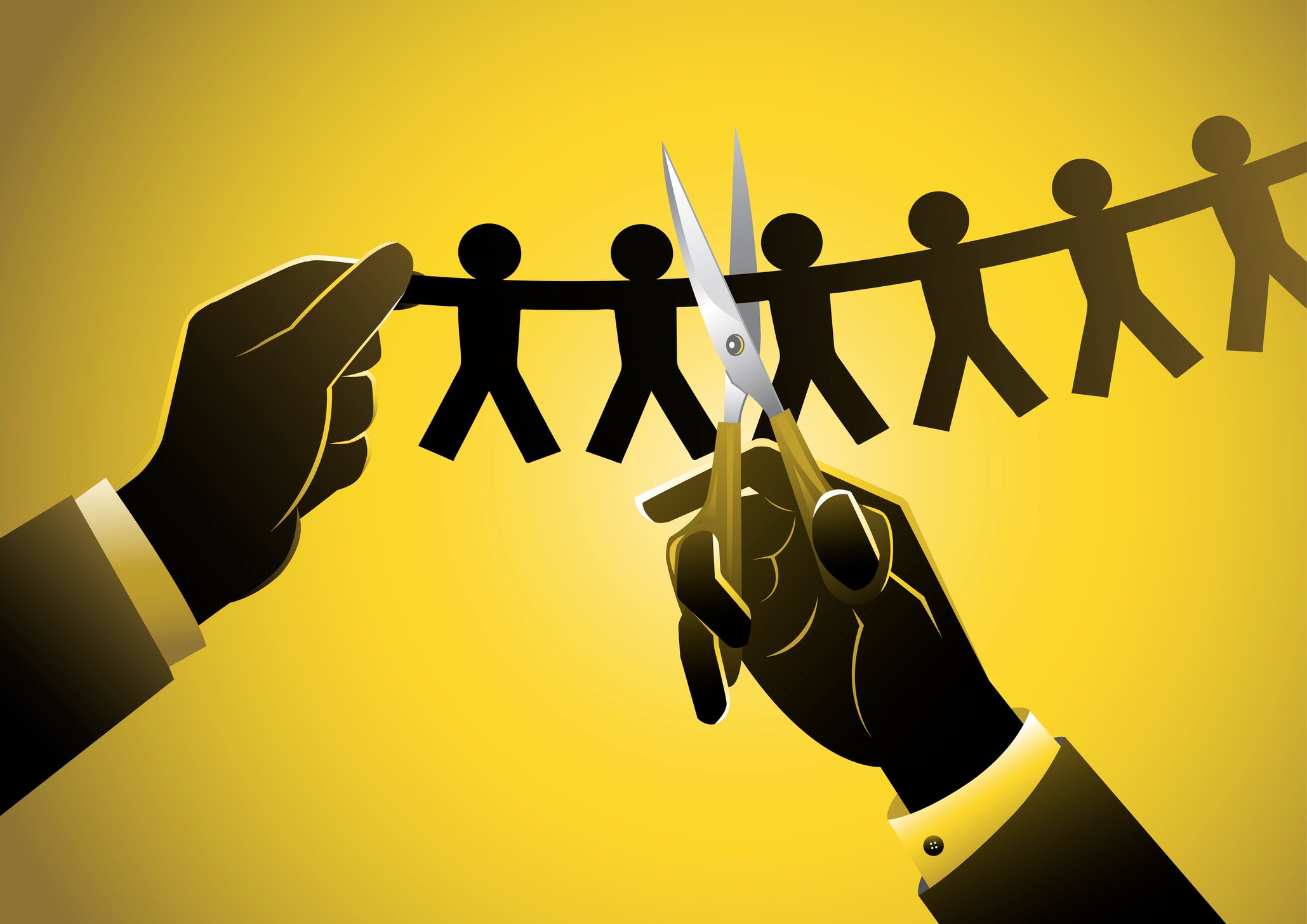



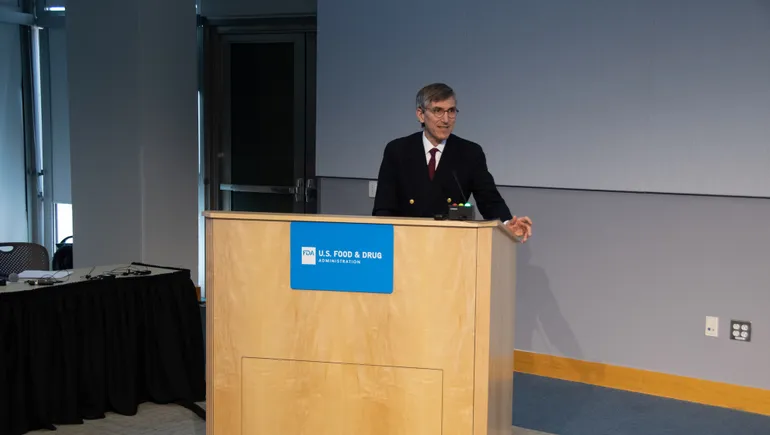
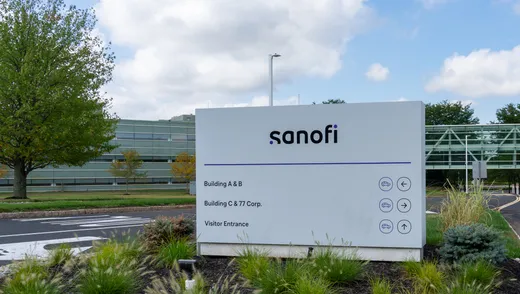

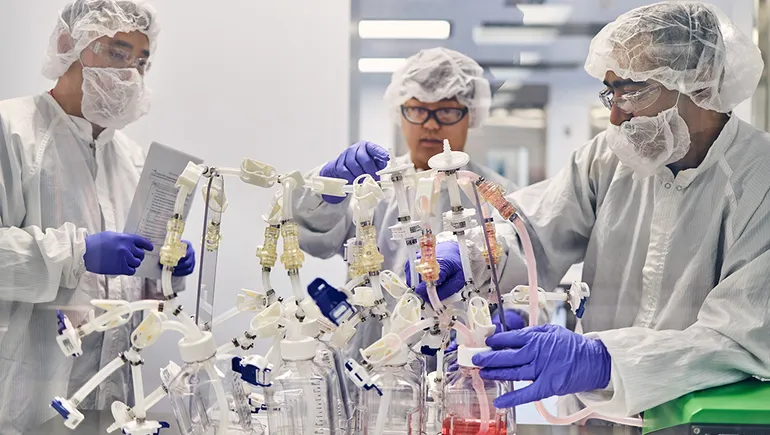





















![The sights of Avalon Air Show 2025: Day Three [PHOTOS]](https://breakingdefense.com/wp-content/uploads/sites/3/2025/03/f-35-avalon-final-day-scaled-e1743079275404.jpg?#)


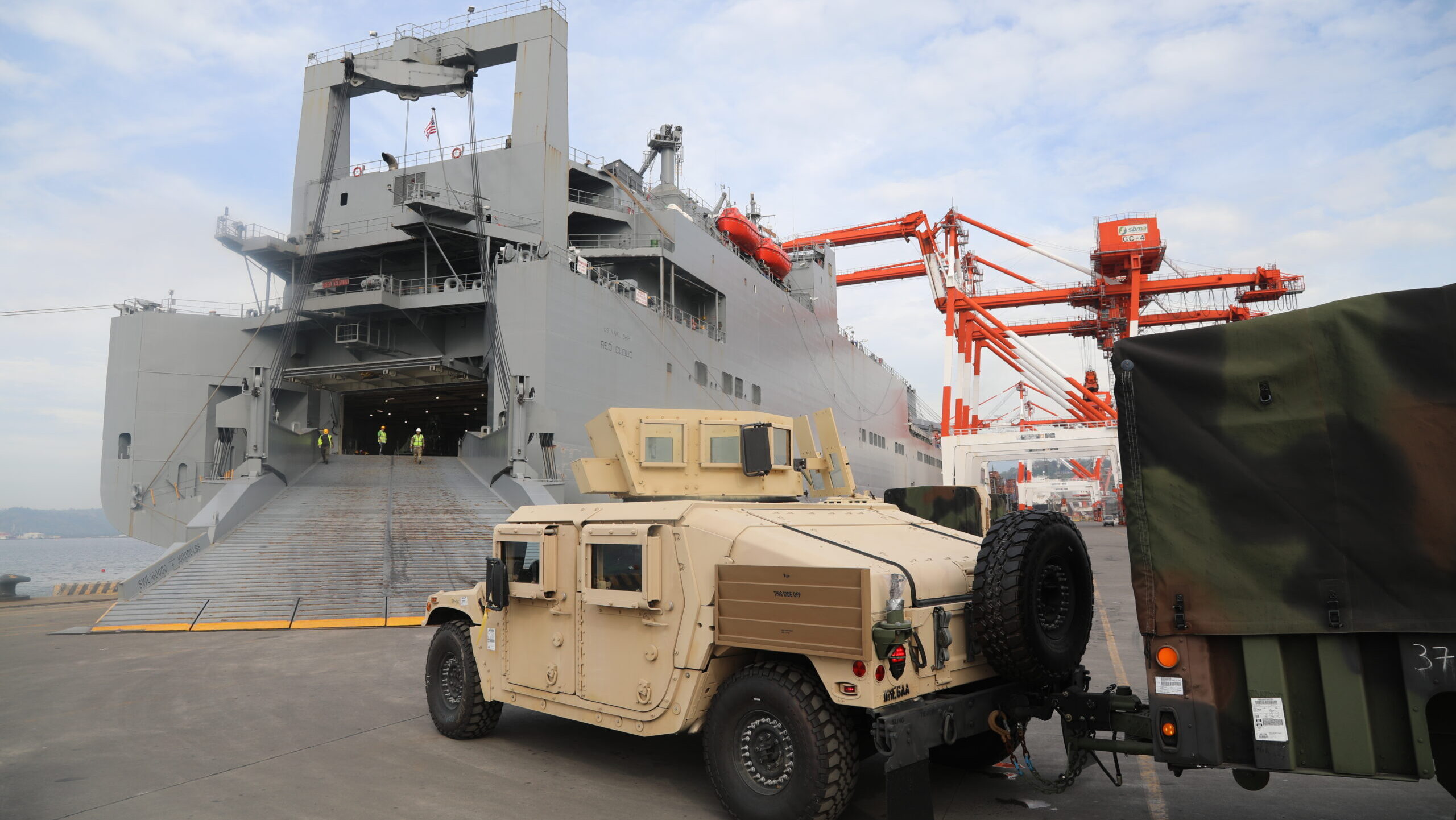












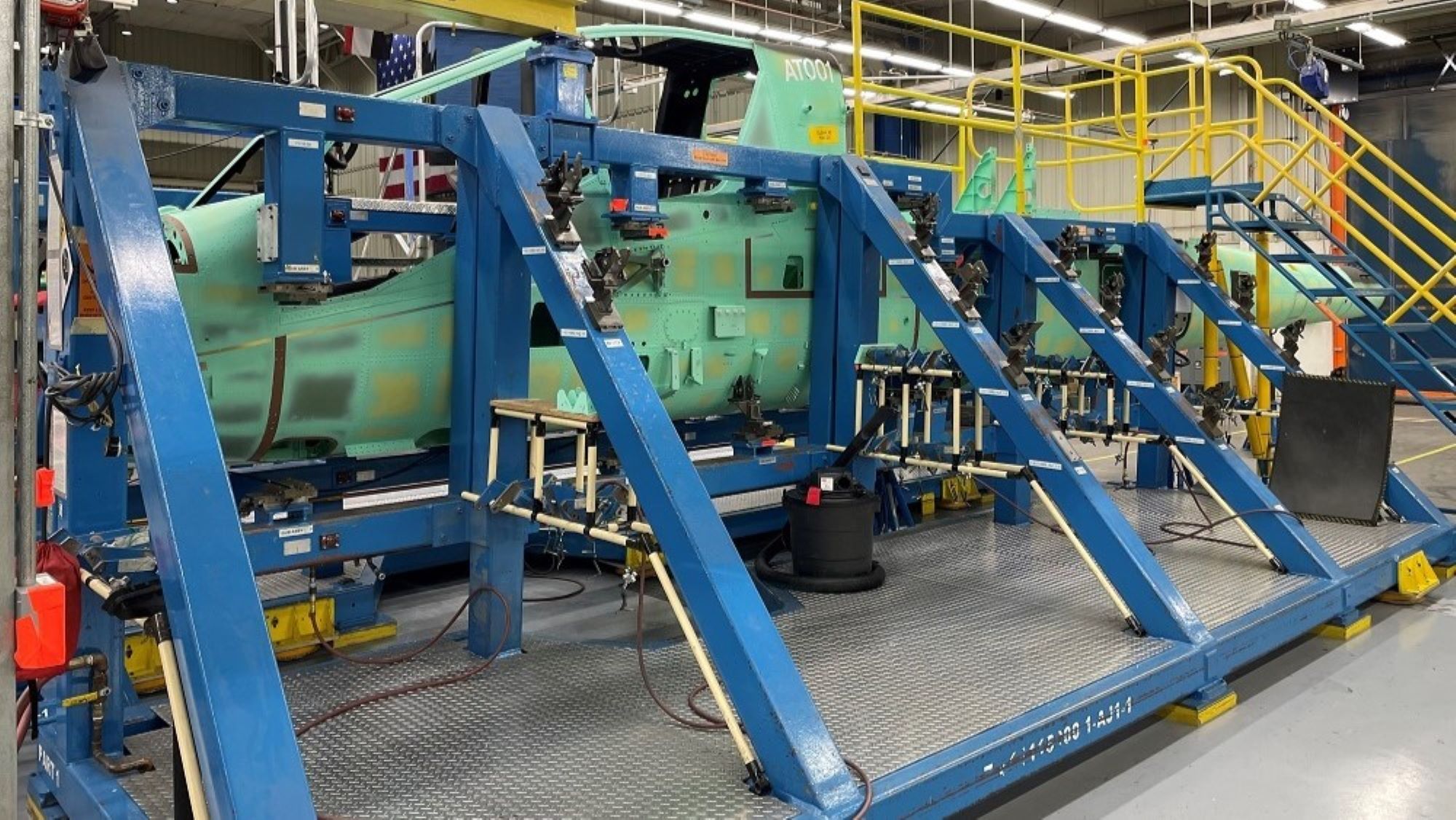




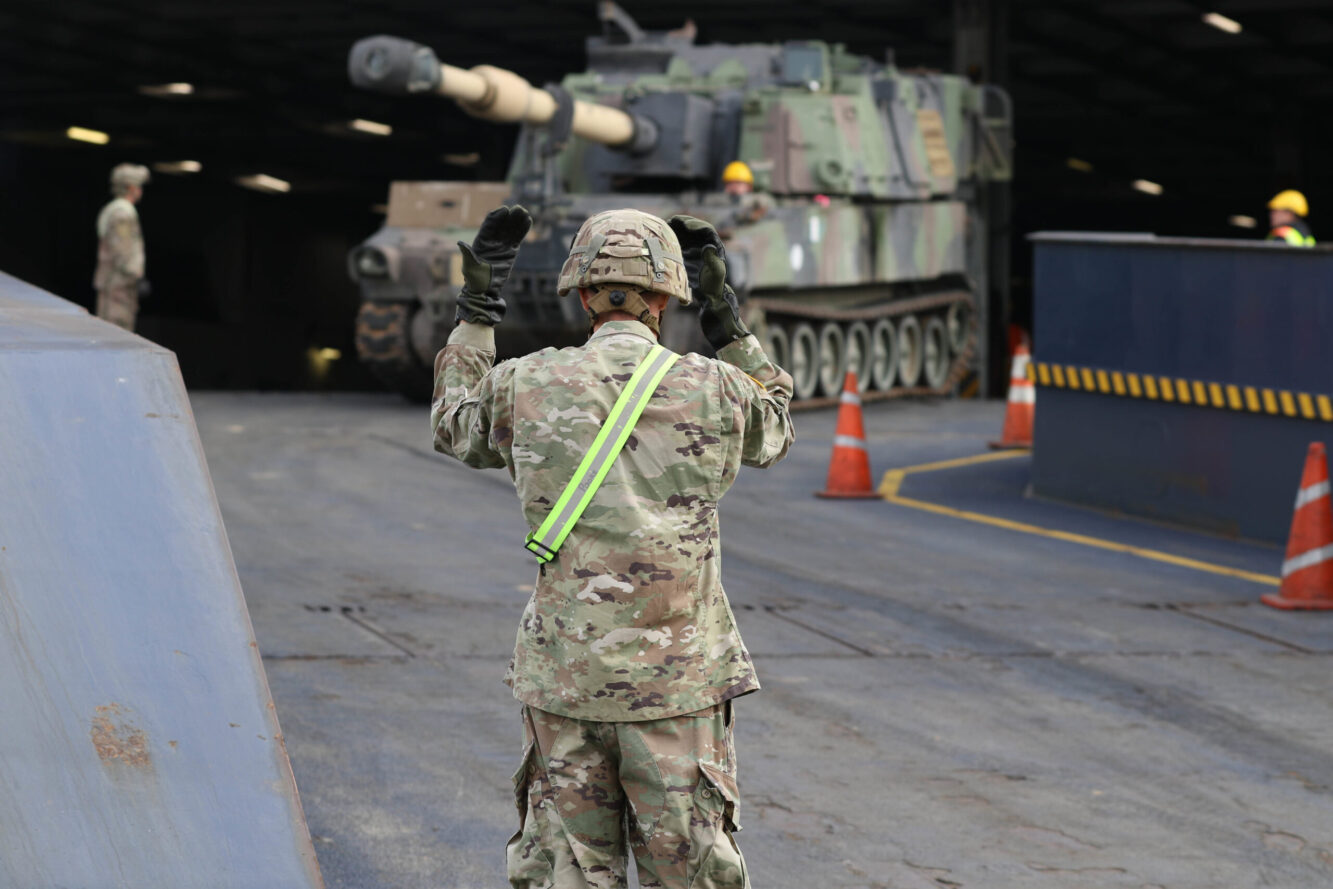

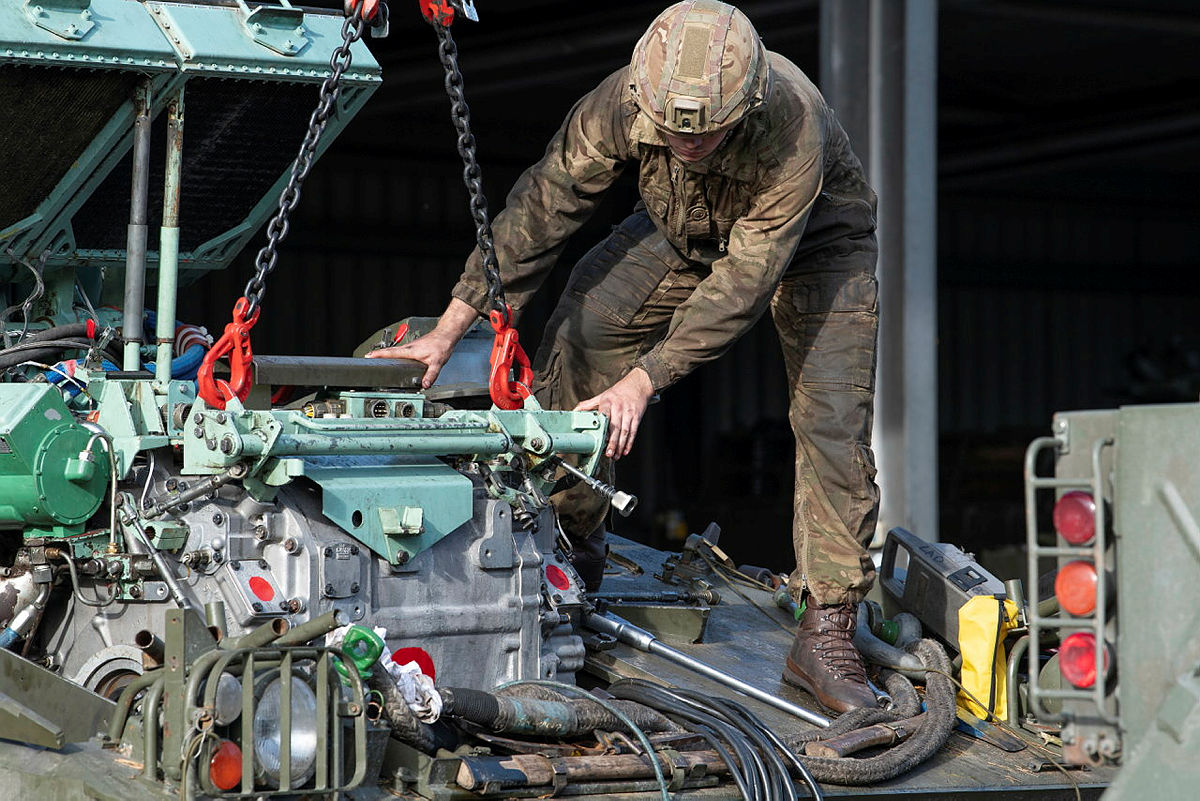













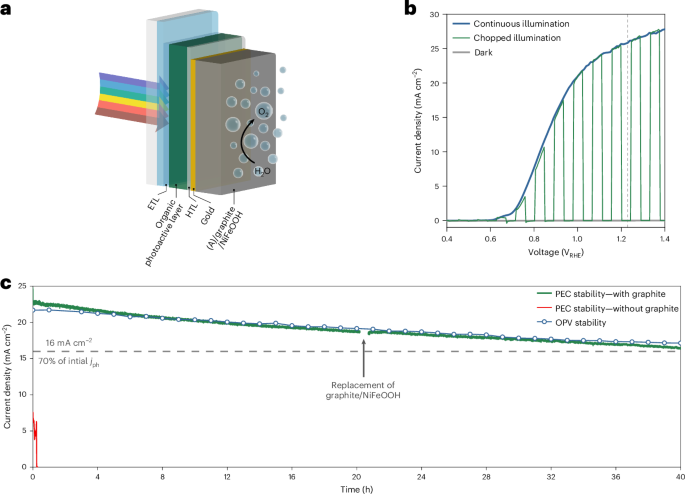











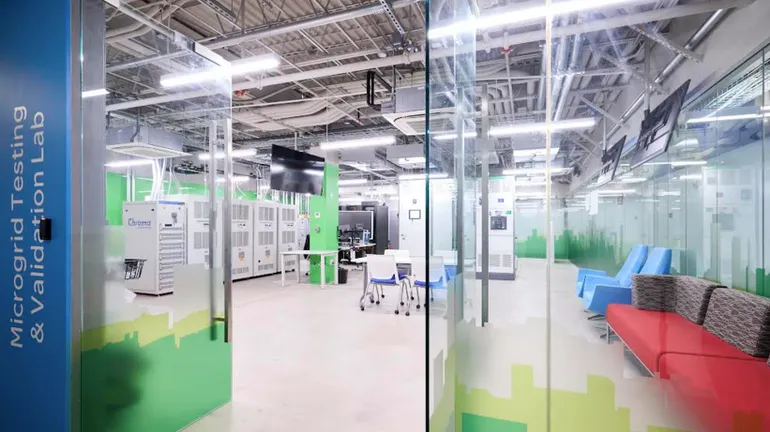

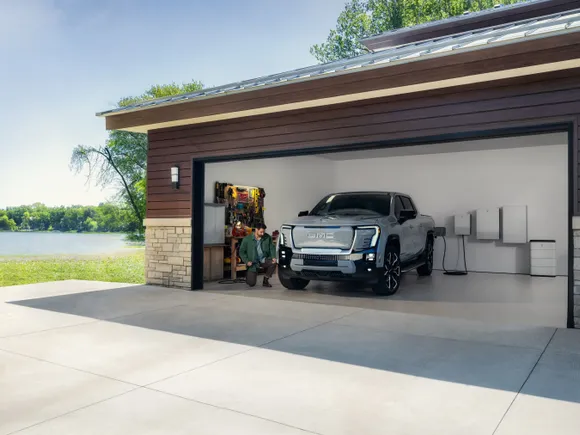
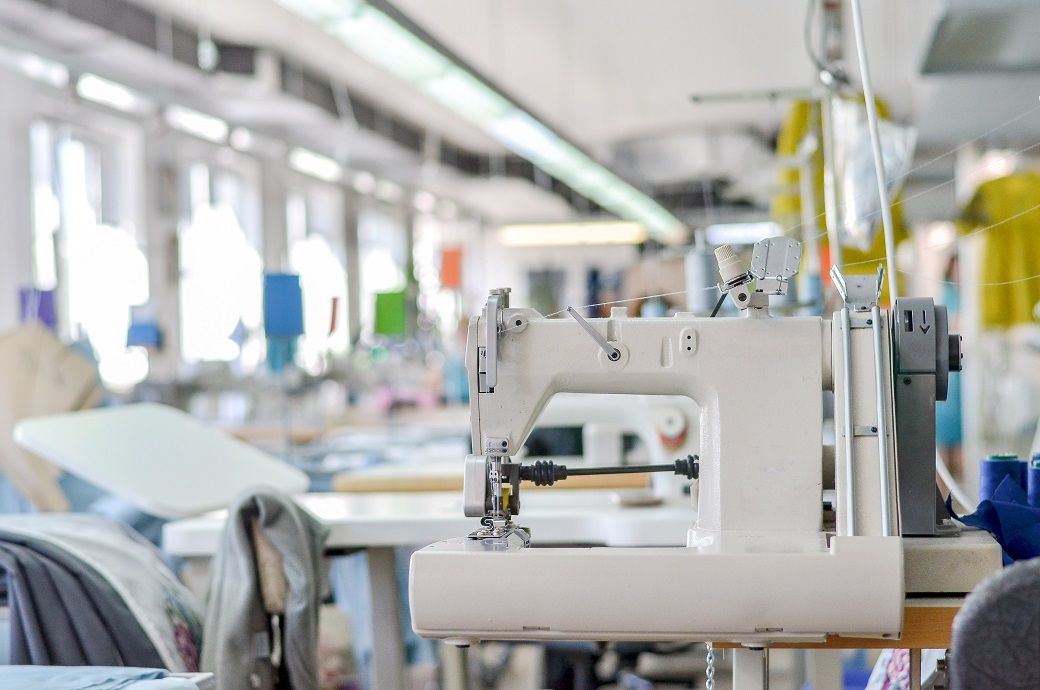

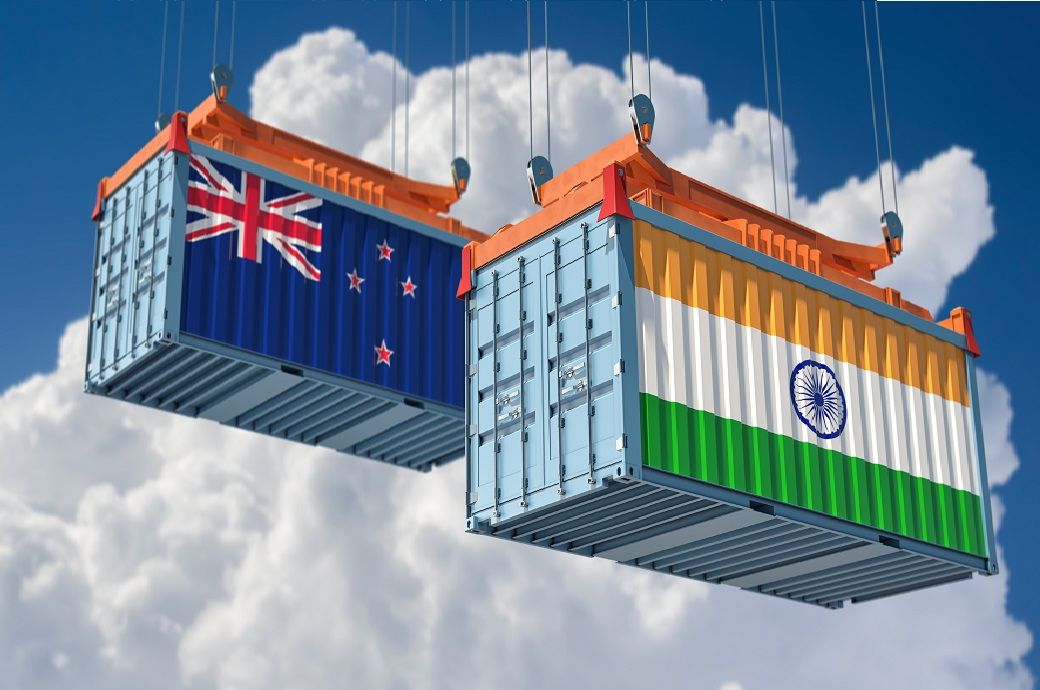
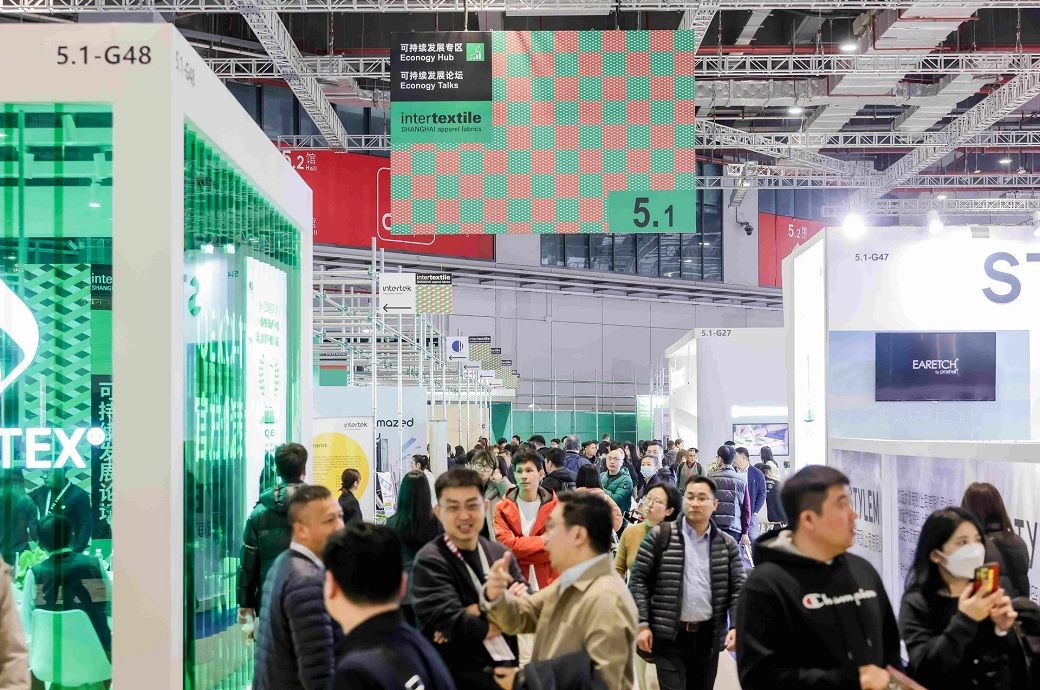
















.jpg)











